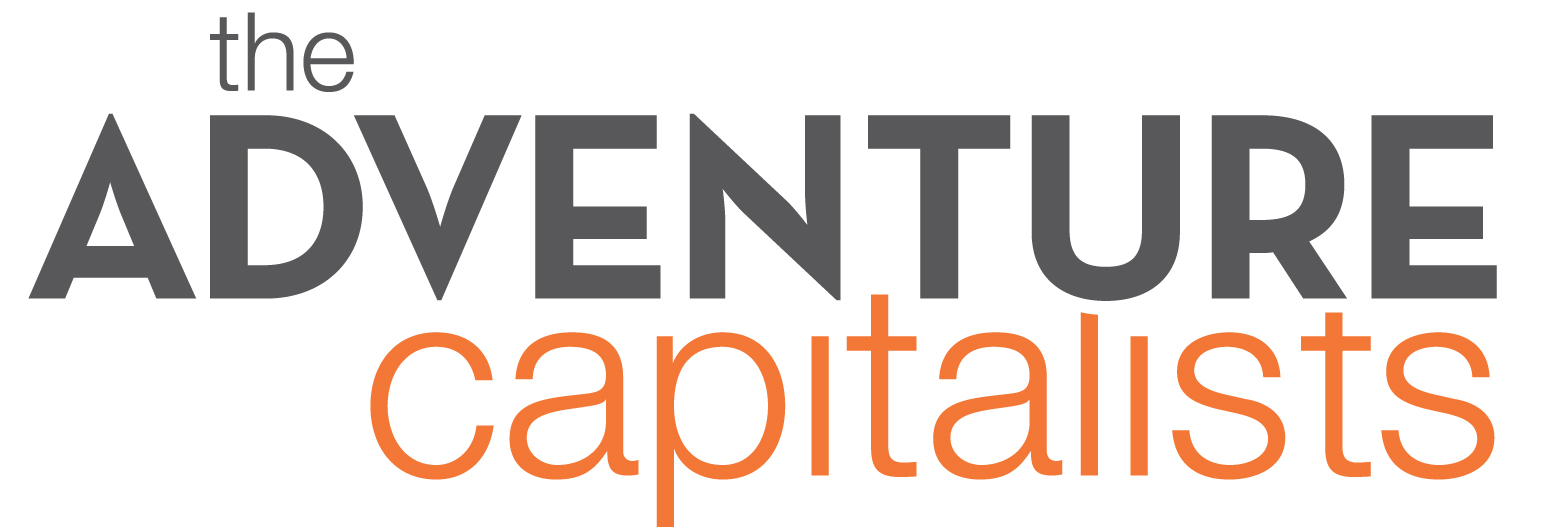Are LEDs Bad For Your Health?
LEDside Chat
December 24, 2014 /3BL Media/ -'In this series of “LEDside Chats” we will answer the question: Are LEDs bad for your health?
In looking at answers to this question it becomes evident that some LEDs are, and some are not. In order to understand why this is true, it’s important to look at eye physiology and how we can achieve, experience and maintain perfect vision.
To start, let’s take a quick look at how your eye works.
Your eye is made up of cones and rods that help you see color and light. During nighttime or indoor conditions, your rods are primarily used for vision. Rods are very light sensitive, but are not very good at discerning color. Cones, which helps us focus and see color, only respond to bright light, which is why in low-light conditions we don’t see color very well.
Why does this matter in your choice of lighting?
Believe it or not, productivity, accuracy, even your happiness is affected by different types of lighting. Think about how you feel when you stare at a television or computer screen for too long. Sullen and tired, right? Watch a video of Ellipz Chairman Frans Otten discussing Eye Physiology to find out why this reaction occurs.
The different types of lighting that we are exposed to throughout the day dramatically impact our mood and productivity. Unlike other LED manufacturers, we at Ellipz Lighting don’t focus our technology around blue-spectrum light, which we will discuss in more depth shortly. We use blue light sparingly and only when it makes sense for the vision experience we are shooting for because blue light can be harmful for your health. As such, we focus on the green and red spectrum with minimal blue, creating a better “Spectral Power Distribution,“ using our cones' preference for green and blue, and leading to higher S/P ratios -- the Scotopic vision.
In simpler terms, this means we give you better and brighter lights, true-to- life colors, and better visibility while using less energy, and ultimately creating light that will not negatively affect your mood or sleep patterns.
It is well known that light of any kind can suppress the secretion of melatonin, but recently it has become evident that blue light does so more powerfully. Harvard researchers and their colleagues conducted an experiment comparing the effects of 6.5 hours of exposure to blue light with green light exposure of comparable brightness. The blue light, in the study, suppressed melatonin for about twice as long as the green light and shifted circadian rhythms by twice as much. Most of us, unknowingly, spend many hours per day under blue lights, including the light emanating from computer monitors. Is it any wonder our mood and sleep patterns are severely disrupted? Watch a video of Ellipz Lighting Chairman Frans Otten discussing the impact of light on humanity.
With Ellipz uniquely designed LED modules and lighting products, we create light that perfectly matches the sensitivity of the human eye without including harmful blue spectrum light found in most other LEDs.
Please browse to http://www.ellipzlighting.com/videos to watch Ellipz Chairman Frans Otten discuss the effects that LEDs have on vision and health.

